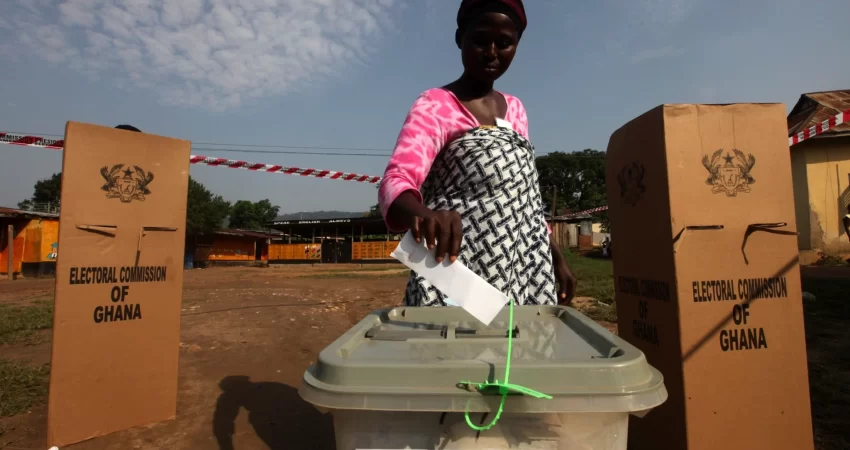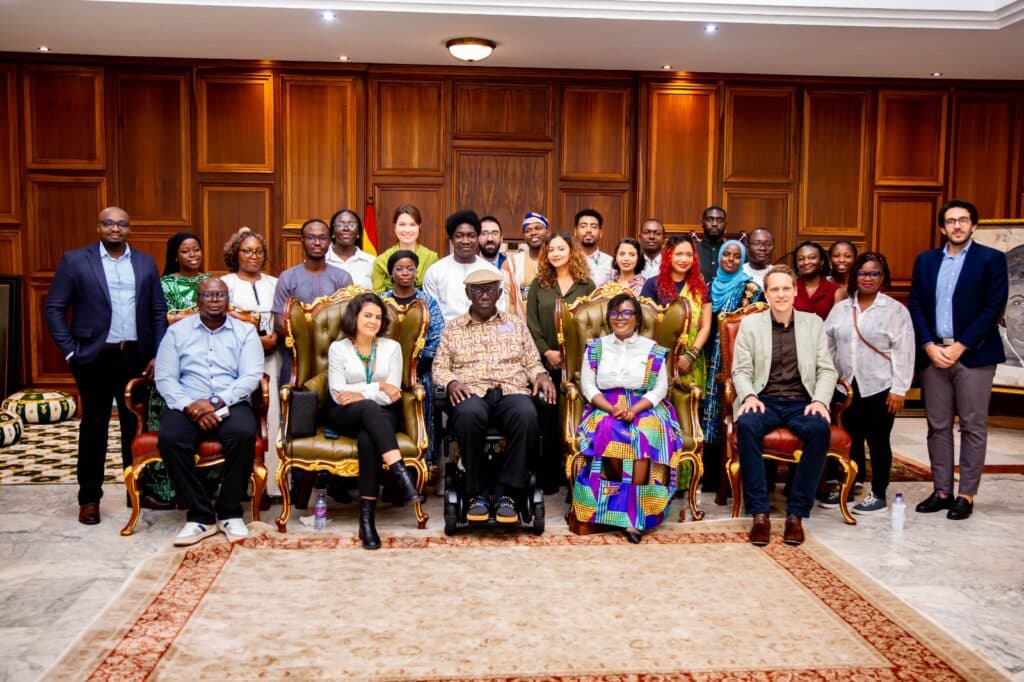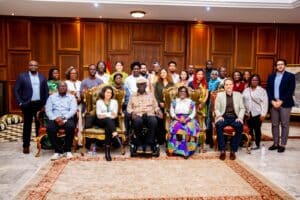On Tuesday, 26th July 2022, the Center for Democratic Development (CDD-Ghana) held its second public release of the 9th Round of the Afrobarometer survey which was conducted this year. The release provided important signals about the current state of Ghana’s democracy.
Our Peace With Democracy
I have often argued that Ghana has made its peace with democracy. My argument has been strengthened through the Survey’s findings that almost 8 out of 10 citizens say, “democracy is preferable to any other form of government.” To further demonstrate citizens’ preference for democratic governance, the Survey’s findings show that there was a strong rejection of authoritarian rule with almost nine out of ten Ghanaians saying that they disapprove of one-party and one-man rule. In addition, Ghanaians maintained their positive dispositions towards democratic norms with overwhelming support for choosing leaders through elections, holding leaders accountable, multipartyism and party turnover. It is the combination of these factors that reassures me that we have indeed made our peace with democracy.
Stress Points In Our Democracy
While I am happy about our continued strong support for democracy and our positive dispositions towards democratic norms, there are two major stress points that I believe require sober reflection and serious work.
The first is the deterioration of the democracy balance sheet. Democracy consists of a demand side and a supply side. The demand side measures the extent to which citizens support democracy while the supply side measures the extent to which citizens are satisfied with democracy. A few weeks ago, I stated in an editorial published by the Daily Graphic that overall, Ghana’s democracy has regularly been in a deficit state, with supply (satisfaction with democracy) lagging behind demand (support for democracy). What makes this year’s especially significant is that the deficit is the highest it has ever been in the history of the Afrobarometer survey with satisfaction lagging behind support at a staggering twenty-six percentage points. The second highest deficit was recorded in 2014 where satisfaction lagged demand support by eighteen percentage points. It is necessary to note that just three years prior, in the previous round (2019), supply lagged behind demand by only eleven percentage points. This means that within a short space of time, the gap between our preference for democracy and our satisfaction with democracy has widened by fifteen percentage points. What has caused a widening of the gap is this – between Round 8 (2019) and this current round, while there was no significant change in our support for democracy (79% down to 77%), satisfaction with the way democracy is working dropped significantly by seventeen percentage points (68% down to 51%).
The second stress point has to do with citizens’ perception of our institutions. Institutions form a key part of making democracies work. There are two extremely important indicators to be measured with regard to how our institutions are viewed – trust and perceptions of corruption. With the issue of trust, citizens expressed very low levels of trust in key institutions. On whether citizens trust institutions a lot, the responses were as follows: Courts – 10%, President – 14%; Police – 7%; Parliament – 8%; Assembly man or woman – 5%; the ruling party – 9%; Opposition political parties – 7%; and the Electoral Commission – 10%. Even when the next level of trust – somewhat was added – none of these institutions garnered a level of trust higher than 40%. Meanwhile, concerning perceived corruption among institutions, the top five considered most/all are involved in corruption were as follows: Police 65%; Presidency 55%; Members of Parliament 54%; Judges and magistrates 46%; and Tax Officials 46%. What is particularly worrying is the fact that, in the history of the Afrobarometer survey, there was a time (Round 2, 2002) in which only 11% perceived the presidency to be corrupt and 21% perceived members of parliament to be corrupt. The combined picture of low trust and high perceptions of corruption among institutions presents a challenge to our march towards democratic consolidation.
What Next?
With all these findings notwithstanding, I reiterate my point that we have made our peace with democracy. However, more work is required to maintain this peace that our democracy has enjoyed so far. Our democracy balance sheet would benefit from a boost in the supply side in order to meet the demand from citizens while our institutions must strive to improve their perception among the citizenry with regard to trust and ensure that they combat corruption to improve citizens’ confidence in them. At a time when we continue to strongly support democracy and have positive dispositions towards democratic norms, it is not a point of pride for our democracy knowing that satisfaction with the way democracy is working is at its lowest.

John Osae-Kwapong (PhD.) is a Democracy and Development (D&D) Fellow at CDD-Ghana, Associate Provost for Assessment, Accreditation, and Institutional Effectiveness, Baruch College, The City University of New York
















